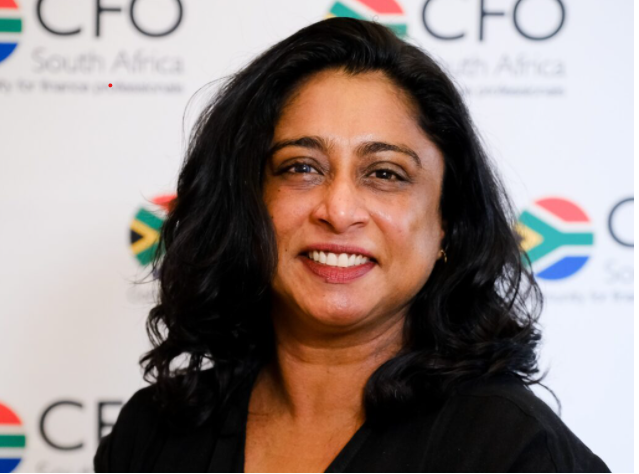Despite billions being spent to improve literacy development, 81% of grade 4 learners in South Africa cannot read for meaning in any language, according to the 2024 Reading Panel report leading to the panel members raising the alarm over what they term the “country’s ongoing literacy crisis”.
The findings cast a long shadow on South Africa’s commitment “to have better educational outcomes and every 10-year-old to be able to read for meaning” by 2030 as publicly announced by President Cyril Ramaphosa five years ago.
The panel, convened by the former Deputy President of South Africa Dr Phumzile
Mlambo-Ngcuka, highlighted the shocking findings of a Progress in International Reading Literacy Study (PIRLS) that shows South Africa experiencing the largest decline across the 57 participating countries.
According to the Economic and Social Cost of Illiteracy report by the World Literacy Foundation’s, illiteracy cost South Africa US$6.66 billion in 2022. This is in addition to the country spending billions on basic education for its estimated 14.5 million school-going children. In fact, for the 2024/25 financial year, R324.5 billion (over US$17 billion) has been allocated to Basic Education which accounts for 16.6% of the government’s Medium Term Expenditure Framework (MTEF).
Breaking this figure down, human rights organisation Section27 estimates that the country will spend R320 less per learner during the current financial year.
“It is no secret that our country’s public school system struggles with delivering quality education despite historically relatively high investment. Areas like education infrastructure continue to be plagued by underspending,” the organization noted in a statement.
It is not clear whether the government is taking due notice of the alarm bells that are clearly ringing, both nationally and internationally, with regard to the state of literacy in the country.
At the March 2024 Basic Education Sector Lekgotla Conference, President Ramaphosa remarked on progress in universal access, drop-out and repetition rates, school nutrition programmes, scholar transport and child support grants.
“With a sense of achievement, we report our progress towards universal access to basic education, which currently stands at an impressive 98%,” he said at the conference.
Although Ramaphosa further noted that the government is actively pursuing policies to try to address the above-mentioned obstacles that are hindering progress in basic education, he made no specific mention of the country’s plan to address low literacy levels.


